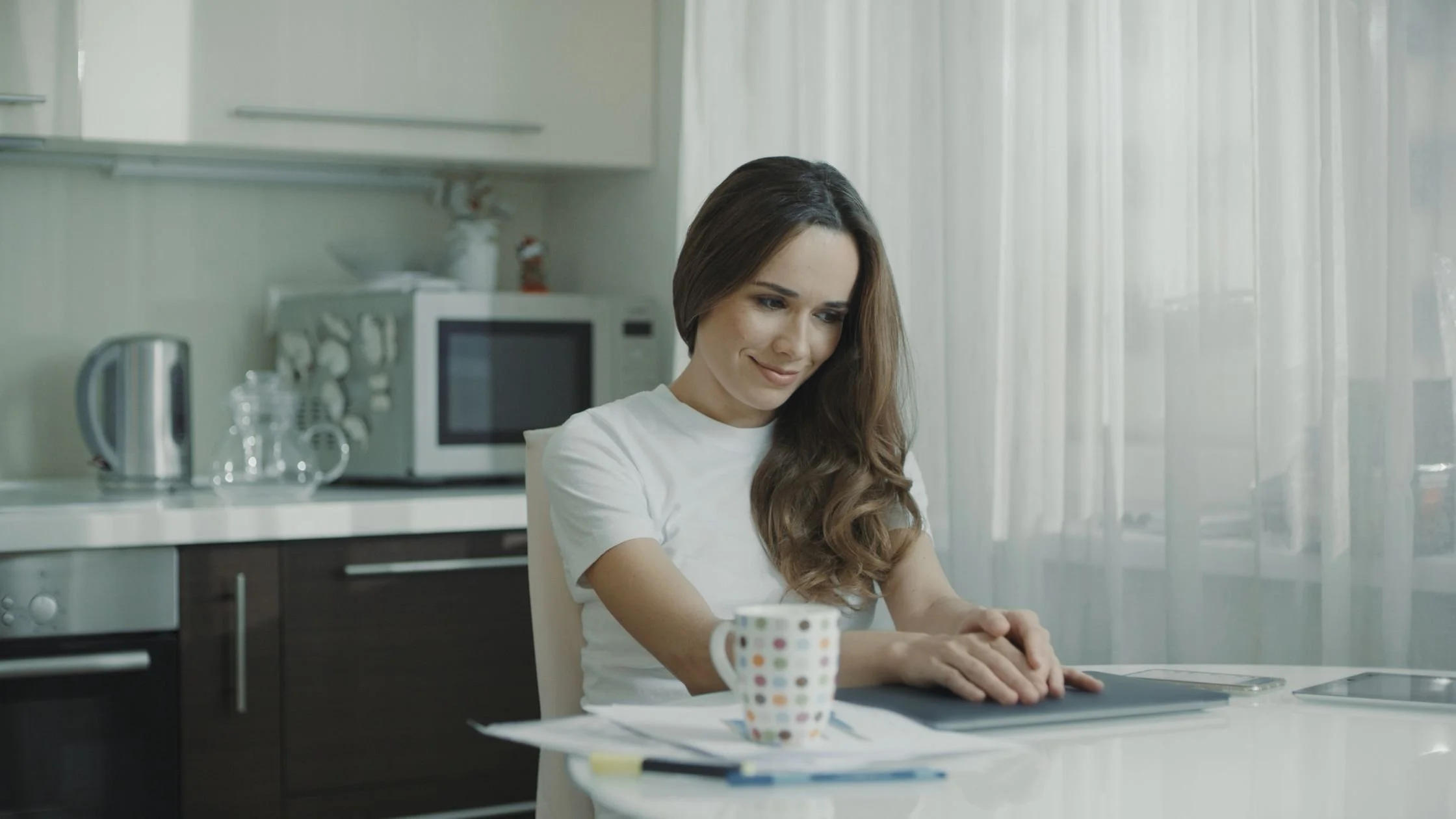When “Protecting Your Child” Becomes a Pattern That Hurts You Both
Protecting your peace, knowing that your child is safe | Jo Renshaw Life Coach, Brighton
The Sweet That Sparked a Storm
It was just a sweeiet. Or so it seemed.
Beth watched her partner Dave tell her son, “No, you didn’t share your sweets with me, so you’re not having any of mine.” It was calm, firm, and fair. But inside Beth, a storm was brewing.
Her thought? “That’s mean. I need to step in.”
Her feeling? Protective.
Her reaction? Defend her son. Challenge Dave.
Her result? She didn’t feel any better. And she definitely didn’t protect herself.
If you’re a mum who finds herself constantly stepping in, and overprotective parenting you’re not alone. Especially if, like Beth, you’ve been the only consistent adult your child has known.
In this blog, we’ll explore what’s really happening in those moments when your protective instinct takes over, and why parenting after trauma feels so urgent, even when your child is completely safe. You’ll learn calm parenting strategies, how past experiences shape your reactions today, how to calm your body before it rushes to intervene, and how to let your child build resilience through everyday moments. By the end, you’ll see that protecting your peace is just as important as protecting your child and that both can thrive when you lead from calm instead of fear.
But Was He Really Unsafe?
From sweets to safety: what the body believes vs what's true
As we explored in our coaching session, this wasn’t about her son being in danger. There were no raised voices, no threats, just a boundary around a packet of sweets.
What Beth realised was something deeper and more confronting:
“I wasn’t protecting my son. I was protecting myself from the discomfort of seeing him upset.”
When she could pause long enough to see that, she noticed that she didn’t need to rescue him. She needed to regulate herself.
Byron Katie’s “Whose business is this?”
This is where Byron Katie’s wisdom came in:
her son’s emotional reaction = his business
Her partner’s parenting style = his business
Beth’s internal response = her business
In YOUR business, you get to take care of your own peace. Learn more about whose business you’re in this article.
Where That Instinct Comes From
Parenting post-trauma: addiction, danger, hypervigilance
Beth’s instinct to protect didn’t appear from nowhere. For years, she was raising her son around a father with addiction and unpredictable behaviour. Her nervous system was primed for danger, even in moments that weren’t dangerous anymore.
Her mind ruminated, understandably, on thoughts about whether or not her child’s father would be drunk again, would her child be safe? (Learn more about how to manage ruminating thoughts in this blog)
Nervous system responses from the past triggering the present
Beth had to be on and vigilant all the time. She had to protect her son, as mothers do, but then some extra. That wiring doesn’t vanish just because life is calmer now.
Even though her new partner is steady, consistent, and loving, Beth’s brain still shouts “this isn’t safe!” when her son gets upset. That’s not bad parenting. That’s trauma. And it’s totally understandable.
The Cost of Constant Protection
Undermining resilience
When Beth stepped in during the sweet incident, it didn’t help anyone:
her son missed an opportunity to learn.
Her new partner felt undermined.
Beth was left overwhelmed and uncertain.
Losing your own peace
And maybe this sounds familiar to you too.
If we're always defending our child against discomfort, what message are we really sending to our child? That they can't handle hard things. That we don’t trust other people, and that other people can’t be trusted. That they always need us, Mum, to smooth the way.
It might feel like love. But it’s often fear in disguise.
A New Way to Parent (and Live)
Reframing: “her son is safe. I am safe.”
Beth and I worked together on finding a new way forward. A calm way. A leadership way.
We started with a powerful reframe:
“My son is safe. I am safe. This is not an emergency.”
Practising calm and allowing discomfort
Then, we built new thoughts:
“They’re just having a conversation at the table.”
“It’ll be interesting to see how they work this out.”
“I don’t need to interrupt this. I can trust them both.”
We’re not saying stay silent when something truly concerns you. But can you pause long enough to check: Is this fear from today? Or fear from past circumstances?
When You Stop Defending, Everyone Grows
How her son learned to share without intervention
Later that day, Beth offered her son another sweet. He paused and said, “I’m going to share these when I get in.”
He had learned something. And he didn’t need Beth to swoop in to get there.
Jo’s story about Oliver and “room for improvement”
It reminded me of a moment I had with my own stepson, Oliver. He asked, “Did I get 10 out of 10 today?” I smiled and said, “I think you got an 8.”
His dad, Marcus, chimed in perfectly: “That means there’s room to improve.”
And that’s the gift we give our kids when we don’t rush to save them. We give them space to grow, improve and thrive.
For the Mum Who Wants to Feel Calm Again
You don’t need to be perfect, and you don’t need to protect your child from every emotion.
You do need to feel calm, connected to yourself and confident. And that comes from learning how to manage your thoughts and feelings, not everyone else’s.
This blog is inspired by the work I do with my clients during sessions, and brought to you in partnership with AI.
Feeling Stuck? Here’s How to Get Your Life Back on Track - Without the Overwhelm
Have you ever wished you had a personal coach to tell you exactly what to do to improve your life - without having to second-guess yourself, waste time figuring it all out alone, or add more to your already full plate?






